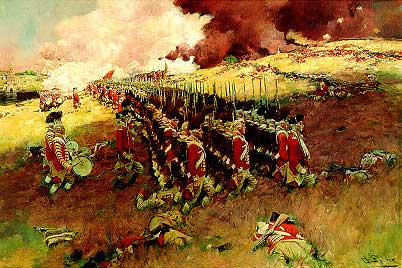THESE OBAMA skeptics recall a similar time, 1973, when Israel also faced extermination. Prime minister Golda Meir had miscalculated Anwar Sadat’s willingness to go to war and decided against a first strike against Egypt. The Arab nations attacked in October 1973, and within days Israel was facing defeat.
The Israelis went to president Richard Nixon with a request for a massive infusion of arms. The Defense and State Departments squabbled. Our European allies, who feared an oil embargo (and would refuse us bases to refuel our planes), inveighed against it, and the Soviets blustered. Many on Nixon’s staff wanted to deny the request, or offer only token assistance. Don’t antagonize the Arab states, they counseled.
Nixon persisted and, according to some accounts, doubled the amount of aid Israel had requested. Riding herd on the bureaucrats, Nixon repeatedly intervened to push the transports along. Informed about a dispute regarding the type of air transportation, Nixon at one point exclaimed in frustration: “Tell them to send everything that can fly.” Over the course of a month US airplanes conducted 815 sorties with over 27,900 tons of materiel.
Israel was saved due to this massive infusion of military aid. Meir referred to Nixon with enormous affection for the rest of her life. Nixon, despised by many in the US, was hailed as a hero in Israel. And Nixon (who had garnered a minority of the Jewish vote in 1972) received little or no political benefit at home for his trouble, leaving office the following year.
-Jennifer Rubin, “Why more Jews won’t be voting Democrat this year”
